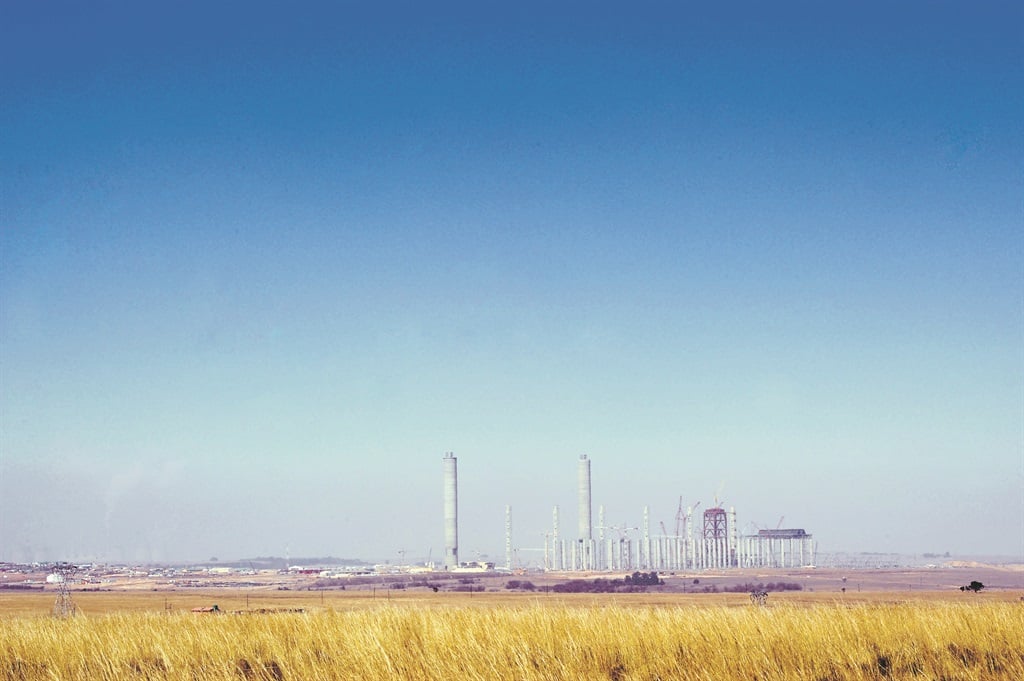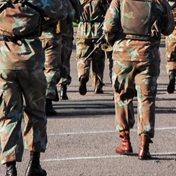
Who has access to electricity? How has access changed since 1994? Are South Africans satisfied with their electricity services? We answer three frequently asked questions about electricity in South Africa.
1. Who has access to electricity?
In 2017, more than eight in 10 South African households (84% or 13.7 million) were connected to the electricity grid, according to the latest edition of Statistics South Africa’s General Household Survey.
This is an increase from 77% in the first General Household Survey, conducted in 2002.
In that year, the Eastern Cape had the lowest share of households connected to mains electricity (55%). In contrast, close to nine in 10 households in the Western Cape (89%) and Gauteng (87%) were connected in 2002.
But the Eastern Cape’s coverage has since surpassed Gauteng’s. In 2017, 85% of households in the Eastern Cape were connected to mains electricity. In Gauteng only 80% were connected – the lowest of all provinces.
Who still doesn't have access?
Close to two in 10 households headed by black people didn’t have access to mains electricity in 2017, according to data provided by Stats SA.
2. Who had access to electricity in 1994?
A survey by the Southern Africa Labour Development Research Unit at the University of Cape Town, published in 1994, estimated that 54% of households had access to electricity from the grid.
Close to 100% of white households had access, but only 37% of black (African) households.
Stats SA previously told Africa Check the “earliest credible data” on electricity access was probably from the 1996 Census as there were problems with the agency’s October 1995 Household Survey.
The census found that in 1996, 58% of households used electricity for lighting. The comparable number in the 2017 General Household Survey is 87%. But this is higher than the share of households with access to mains electricity (84%).
Niël Roux, Stats SA director for service delivery statistics, explained that access to mains electricity attempts to measure legal access. “That is access that is measured and can potentially be paid for using bills or pre-paid cards.” The larger number includes informal and illegal use.
3. Are South Africans satisfied with their electricity services?
Seven in 10 households said their electricity supply was “good” in 2017. Four percent rated it as “poor”.
Limpopo (1%) had the smallest share of unsatisfied households, and Mpumalanga the largest, with 8%. The data confirms that access and quality of service don’t always go hand in hand. For example, the Northern Cape has the best electricity coverage (92% of households are connected to the grid). But 7% of its households rated their electricity supply as poor – the second highest among provinces.
- This FAQ was produced as part of a journalism partnership with Africa Check, the continent’s leading fact-checking organisation. The project aims to ensure that claims made by those in charge of state resources and delivering essential services are factually correct. In the run-up to this year’s national and provincial elections it is particularly important that voters are able to make informed decisions. This series aims to provide voters with the tools to do that. The Raith Foundation contributed to the cost of reporting.




 Publications
Publications
 Partners
Partners








